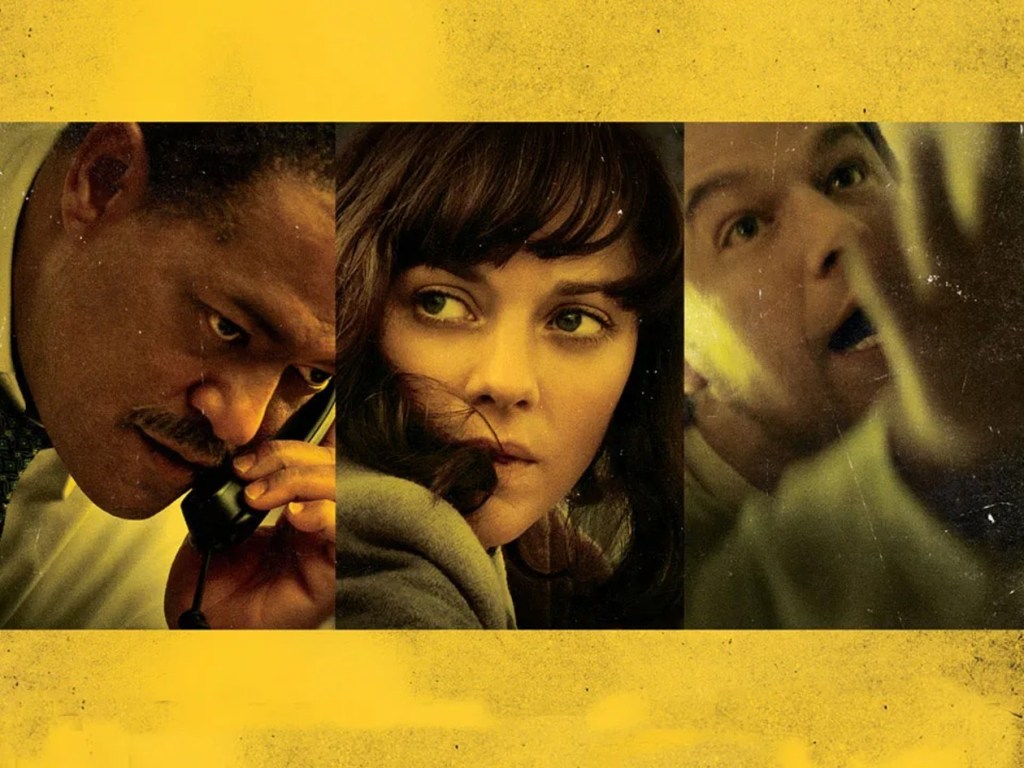When COVID-19 took root, you almost knew there would be movies made to cash in on the panic and fear of the pandemic. They came — of course — and the better films to come from that initial period chose to focus on the human element. Isolation, loneliness, that kind of thing. Understandably, most steered clear of tackling a straight-up pandemic story.

lets add a block









